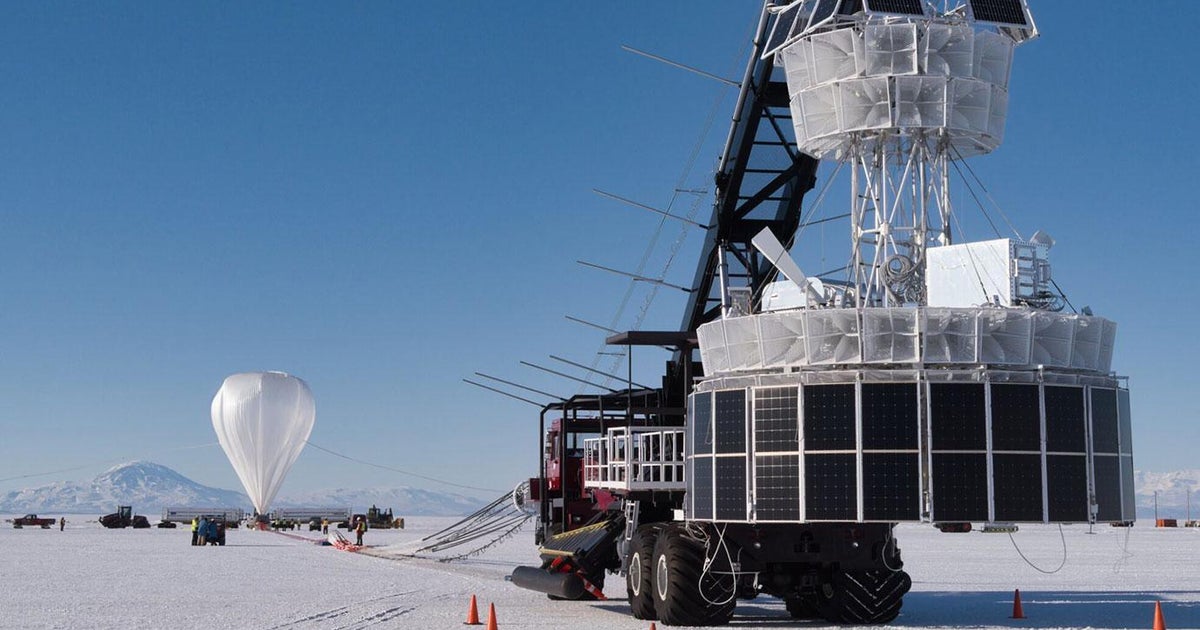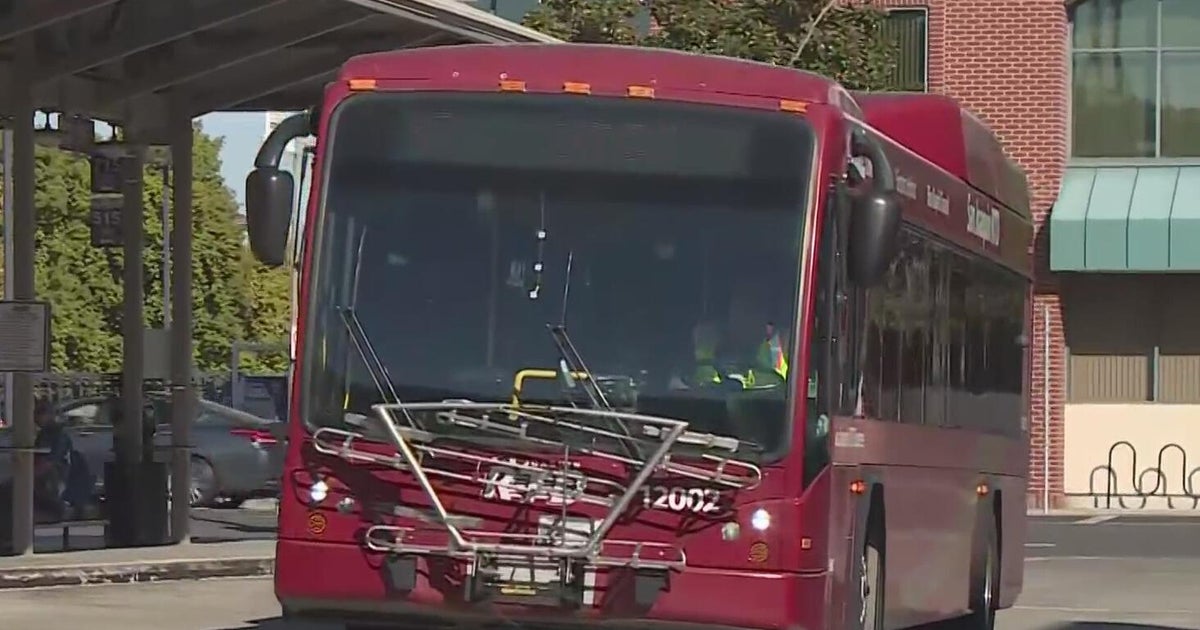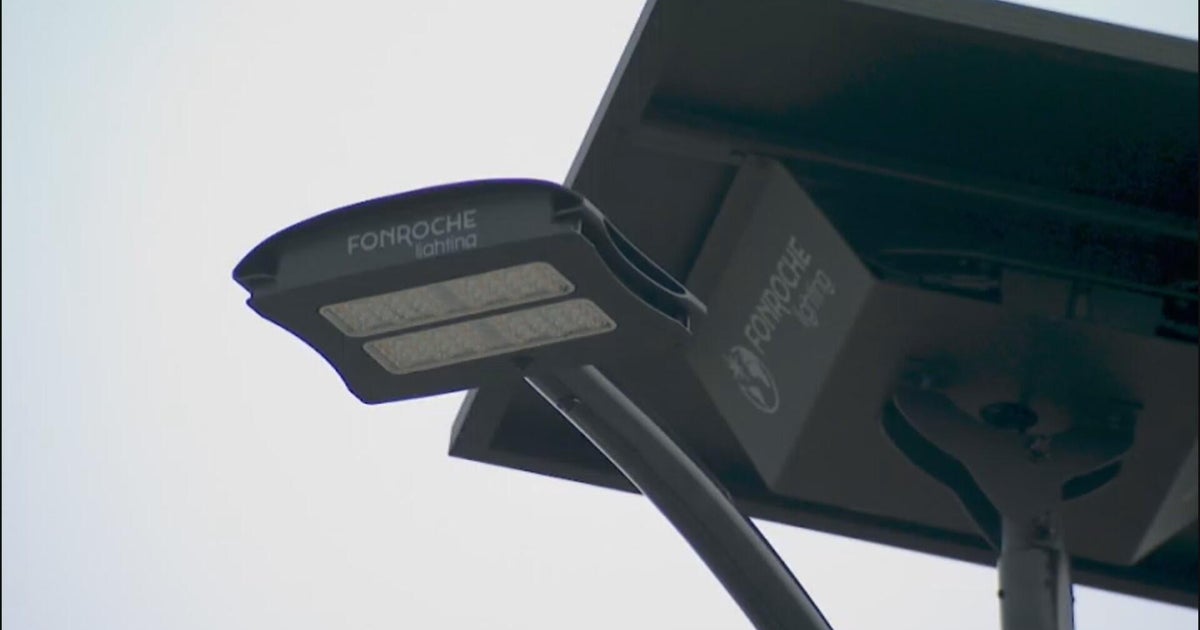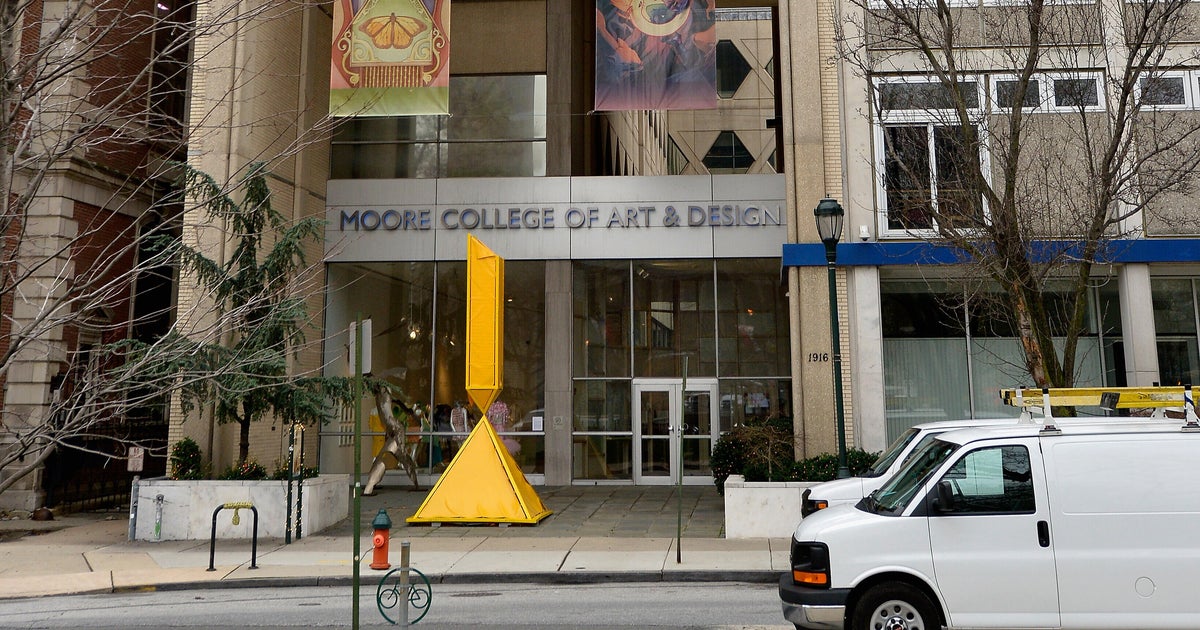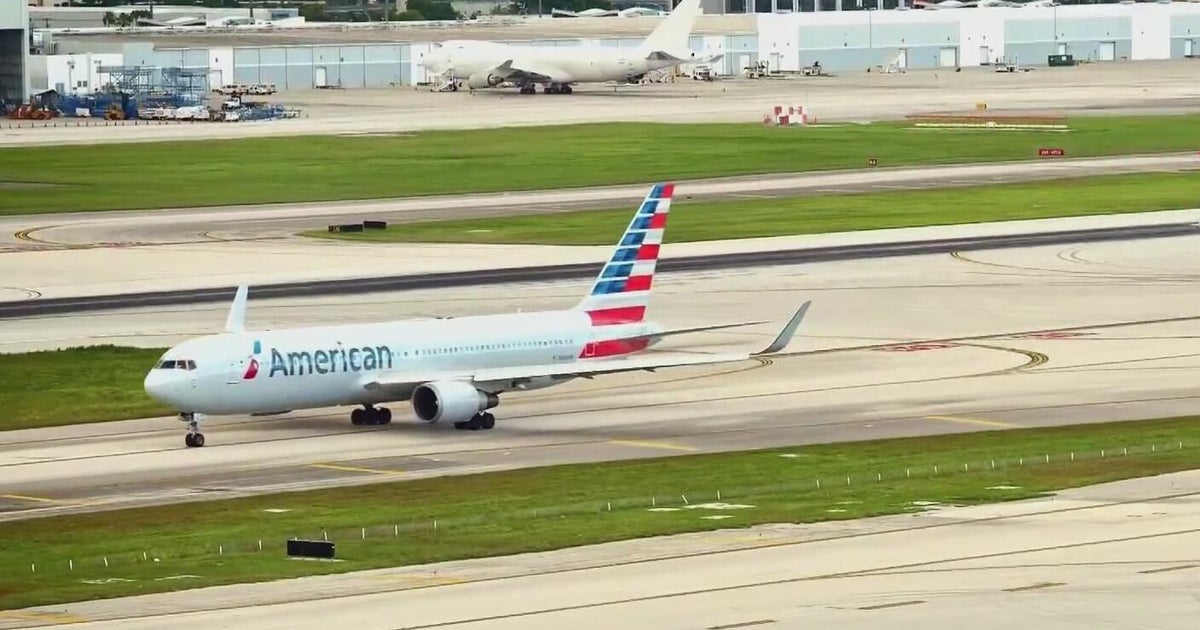'Something Affecting Its Motion': Interstellar Object Did Not Move As Expected When It Passed Through Solar System
HOUSTON (CBSDFW.COM) – Scientists say that 'Oumuamua – the first known interstellar object to travel through our solar system – sped up unexpectedly while passing through our corner of the universe last year. That according to a statement released today from NASA.
"Using observations from NASA's Hubble Space Telescope and ground-based observatories, an international team of scientists have confirmed ′Oumuamua ... got an unexpected boost in speed and shift in trajectory as it passed through the inner solar system last year," NASA said in a statement on their website.
"Our high-precision measurements of ′Oumuamua's position revealed that there was something affecting its motion other than the gravitational forces of the Sun and planets," said Marco Micheli of ESA's (European Space Agency) Space Situational Awareness Near-Earth Object Coordination Centre in Frascati, Italy, and lead author of a paper describing the team's findings.
'Oumuamua is still officially classified as an interstellar object -- not a comet -- even though it has some comet-like properties the Jet Propulsion Laboratory confirmed.
"It is still classified as an interstellar object, but seems to have had its speed and trajectory changed by forces other than gravity," said JPL's Calla Cofield in an email to CBS 11. "Outgassing is the primary candidate for the cause of those changes." Outgassing is when jets of gaseous material are expelled from the surface of the object. This affects the motion of many comets in our solar system.
'Oumuamua is still unique in its designation that it remains first known interstellar object to travel through our solar system. But can you call it a comet?
"The best (safest) way to put it is that 'Oumuamua is an interstellar object that behaves like a comet," Cofield continued. "However, I think in this case some flexibility is okay. Calling it [a] comet points to the physical properties typical of comets and the fact that its motion is affected by outgassing," said Cofield. "It is a way of distinguishing it from a rock. And after all, in its system of origin 'Oumuamua would initially have orbited its star and so would have been a comet of that system."
Scientists say that the changes in speed and direction were consistent with the 'behavior' of a comet and that 'outgassing' was likely the cause.
"Comets normally eject large amounts of dust and gas when warmed by the Sun," NASA officials said. "But according to team scientist Olivier Hainaut of the European Southern Observatory, 'there were no visible signs of outgassing from ′Oumuamua, so these forces were not expected.'"
Scientists suspect 'Oumuamua did produce enough dust and gas to affect its motion – just not enough to be detected.
"The more we study ′Oumuamua, the more exciting it gets," said Karen Meech, an astronomer at the University of Hawaii's Institute of Astronomy and co-author of the study. "I'm amazed at how much we have learned from a short, intense observing campaign. I can hardly wait for the next interstellar object!"
NASA says 'Oumuamua is less than a half-mile long, is already further away from our sun than the planet Jupiter and is traveling at about 70,000 mph towards the outskirts of the solar system.
"Because ′Oumuamua is the first interstellar object ever observed in our solar system, researchers caution that it's difficult to draw general conclusions about this newly-discovered class of celestial bodies," said the NASA statement. "However, observations point to the possibility that other star systems regularly eject small comet-like objects and there should be more of them drifting among the stars," the statement continued. "Future ground- and space-based surveys could detect more of these interstellar vagabonds, providing a larger sample for scientists to analyze."
NASA will host a Reddit Ask Me Anything (AMA) about the ′Oumuamua observations from 3 to 5 p.m. Central Time Thursday, June 28.
